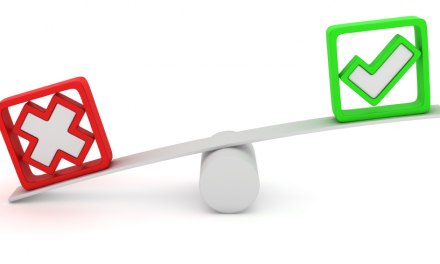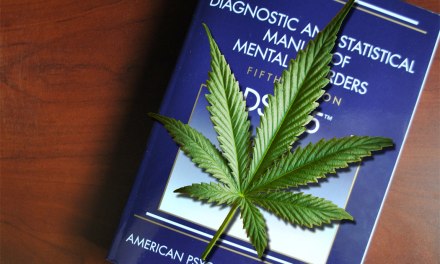Sociopathy is a term that essentially disappeared from the DSM all the way back in 1980, when, along with psychopathy, it was replaced by Antisocial Personality Disorder (ASPD). However somehow it managed to remain a fixture in the popular lexicon. I suspect that’s in part because the word antisocial calls up images of someone who goes out of their way to avoid other people, and that’s not at all what the ASPD diagnosis is all about.
Now the use of sociopath is actually on the upswing. Here’s an example from The New York Times:
I confess this startled me. How many people do you know who would identify themselves in public as sociopathic, especially in the context of their own marriage? I mean, there’s a stigma attached.
So I admit I wondered if it was for real.
Then again, the author does identify herself, and she is apparently a licensed psychologist, so we have to assume she knows what she’s doing. And the fact is, many of the clients I’ve worked with had at one point or another been labeled sociopathic, since substance disorders, in particular alcoholism, often appear alongside ASPD. It’s almost a rule rather than an exception.
Sociopathic people can be quite perceptive about others’ desires and motivations– it’s a key to manipulating them– but self-awareness is not their strong suit. In fact, I can’t picture one of our ASPD clients composing an article like this one. It requires insight they do not ordinarily possess.
Unless there was a hidden agenda… no, forget I said that.
We should probably establish a meaning in conventional use. A piece in Psychology Today offers one. Sociopathy is “… a pattern of antisocial behaviors and attitudes, including manipulation, deceit, aggression, and a lack of empathy for others….Sociopaths may or may not break the law, but by exploiting and manipulating others, they violate the trust that the human enterprise runs on.”
That’s pretty much it. On a spectrum from mild to severe, I assume the writer is on the lower end. More severe cases are likely found in correctional institutions, or hard at work trying to avoid them.
Still, there’s no reason to think that a sociopathic individual who possesses a modicum of self-control, especially if they stayed away from alcohol and drugs, couldn’t ascend to the higher reaches of many legitimate professions. Particularly those where traits such as extreme selfishness, a willingness to take bold risks, and an absence of scruples were an asset. Where more negative traits — impulsiveness, poor judgment, lack of planning, and an inclination to break rules — weren’t too much of a barrier to success.
I bet most of us can think of some fields that qualify.
I doubt that anyone who works in addictions hasn’t run into at least a few cases involving ASPD. Maybe like me, more than a few. So I’ll leave it to you to form your own opinions of this NYT first person account — based on your own experience.













